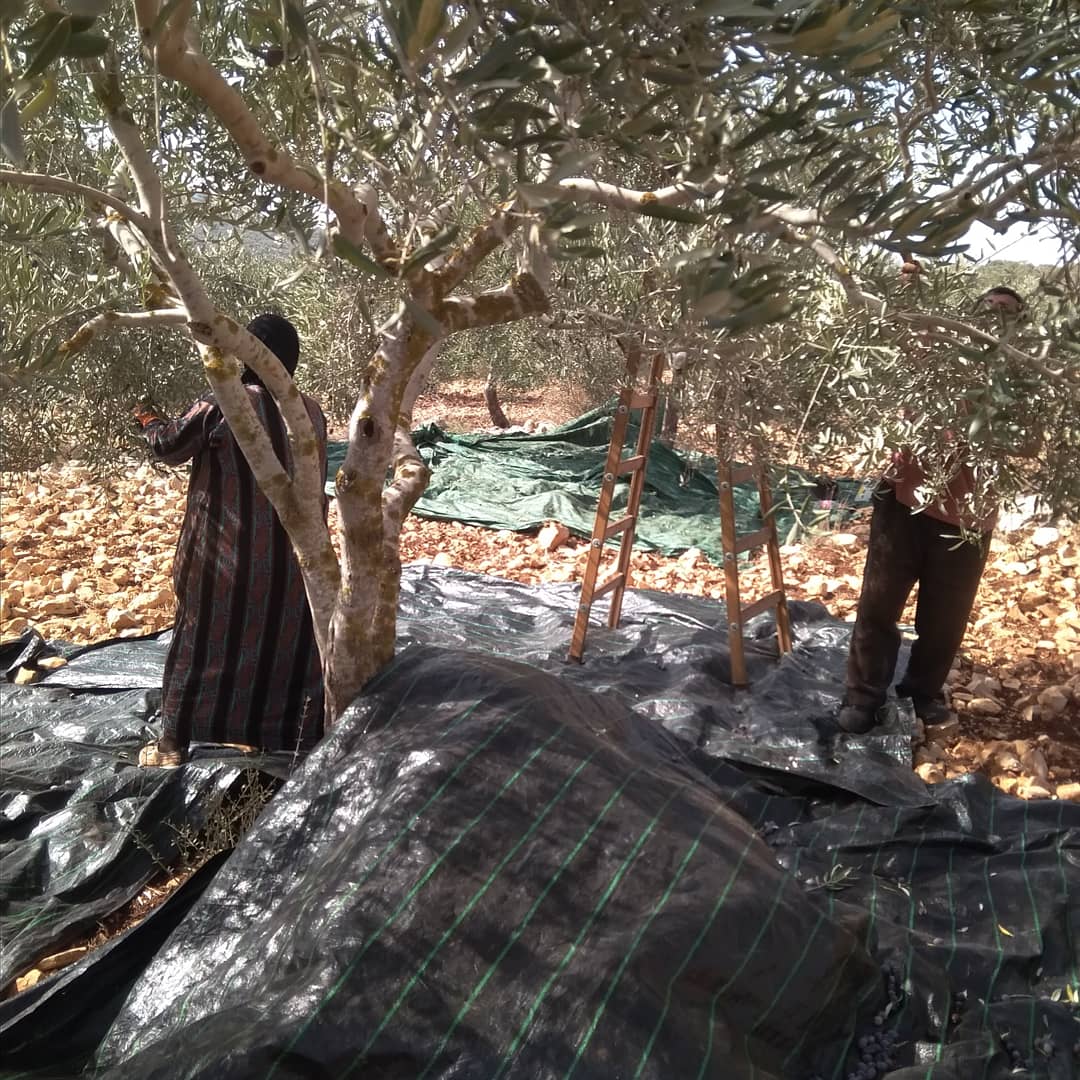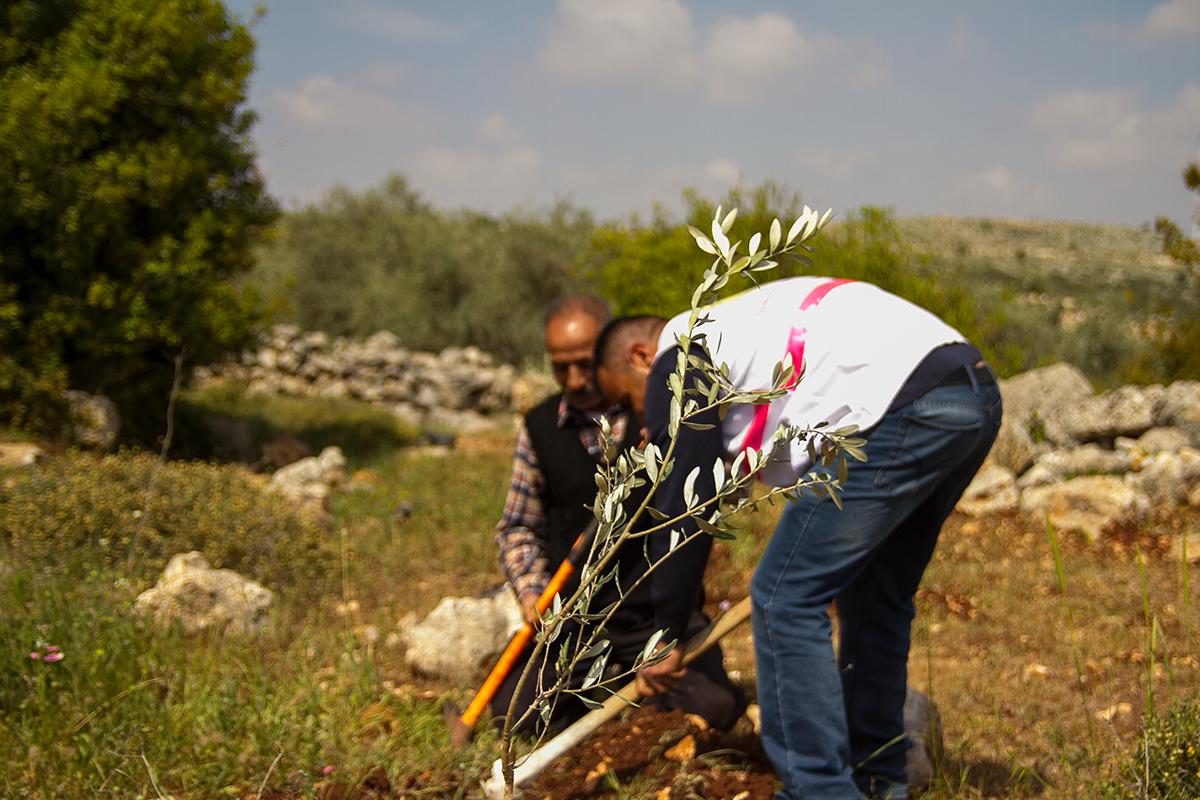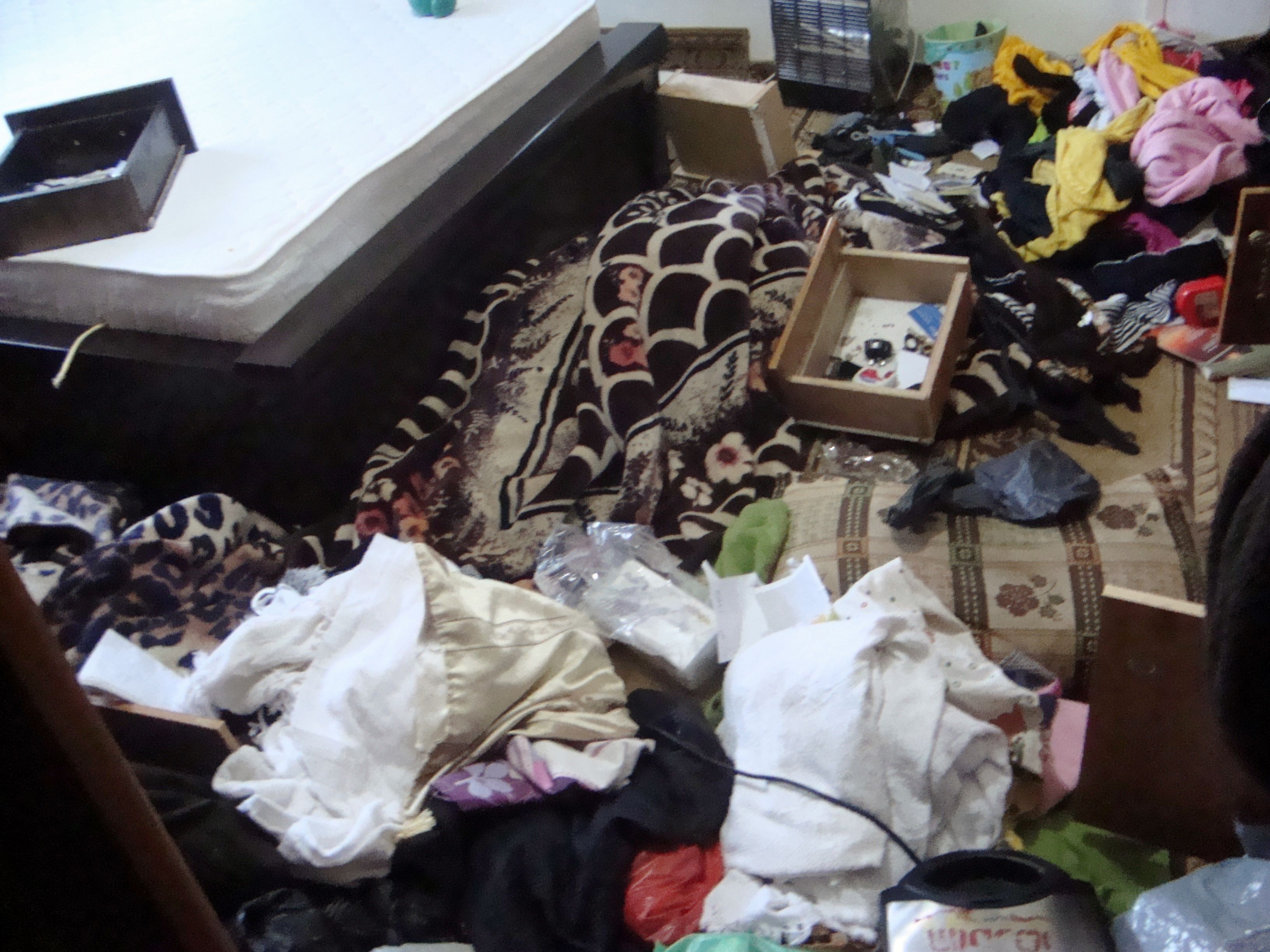Tag: Bruqin
-
“They take everything,” explains Bruqin farmer during 2018 olive harvest
October 22, 2018 |International Solidarity Movement | Bruqin, Occupied Palestine ISM volunteers spent the day harvesting olives with farmers in Bruqin village, a day that began with Israeli soldiers confronting the farmer and his family and ordering them to leave their land no later than 5 p.m. Since the harvest workday typically concludes…
-
Olive tree planting in the village of Bruqin
9th April 2017 | International Solidarity Movement, Ramallah team | Bruqin, occupied Palestine On 8th April 2017 an ISM team joint Abu Skander, a farmer from the village of Bruqin, Salfit district, to plant 30 new olive trees on his field within the village. The village is located close to the illegal Israeli settlement of Bruchin and…
-
Palestinian arrested in night raid on his family’s home
25nd January 2015 | International Solidarity Movement, Nablus Team | Bruqin, Occupied Palestine At around 4:00 AM on January 23, Israeli forces arrested 22-year-old Raja Sabra in the course of a violent raid on his family’s home in the Palestinian village of Bruqin. His father was awakened by noises coming from outside. Twenty to thirty…



